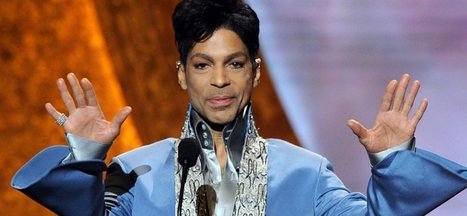Large-scale organizational change has always been difficult, and there’s no shortage of research showing that a majority of transformations continue to fail. Today’s dynamic environment adds an extra level of urgency and complexity. Companies must increasingly react to sudden shifts in the marketplace, to other external shocks, and to the imperatives of new business models. The stakes are higher than ever.
So what’s to be done? In both research and practice, we find that transformations stand the best chance of success when they focus on four key actions to change mind-sets and behavior: fostering understanding and conviction, reinforcing changes through formal mechanisms, developing talent and skills, and role modeling. Collectively labeled the “influence model,” these ideas were introduced more than a dozen years ago in a McKinsey Quarterly article, “The psychology of change management.” They were based on academic research and practical experience—what we saw worked and what didn’t.
Digital technologies and the changing nature of the workforce have created new opportunities and challenges for the influence model (for more on the relationship between those trends and the model, see this article’s companion, “Winning hearts and minds in the 21st century”). But it still works overall, a decade and a half later (exhibit). In a recent McKinsey Global Survey, we examined successful transformations and found that they were nearly eight times more likely to use all four actions as opposed to just one.1 Building both on classic and new academic research, the present article supplies a primer on the model and its four building blocks: what they are, how they work, and why they matter.
Via The Learning Factor



 Your new post is loading...
Your new post is loading...










Four key actions influence employee mind-sets and behavior. Here’s why they matter.